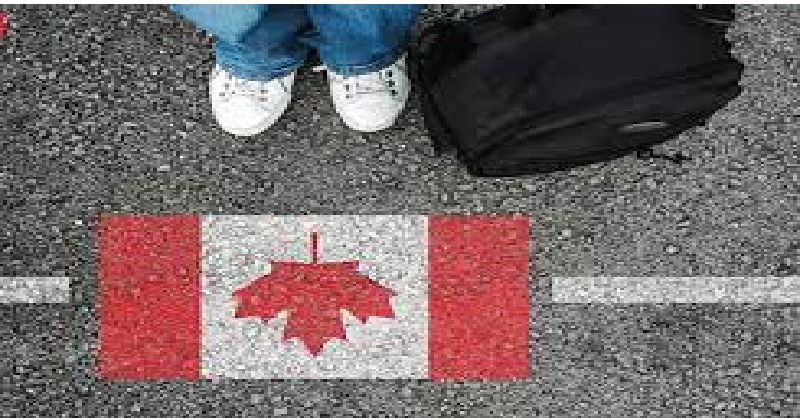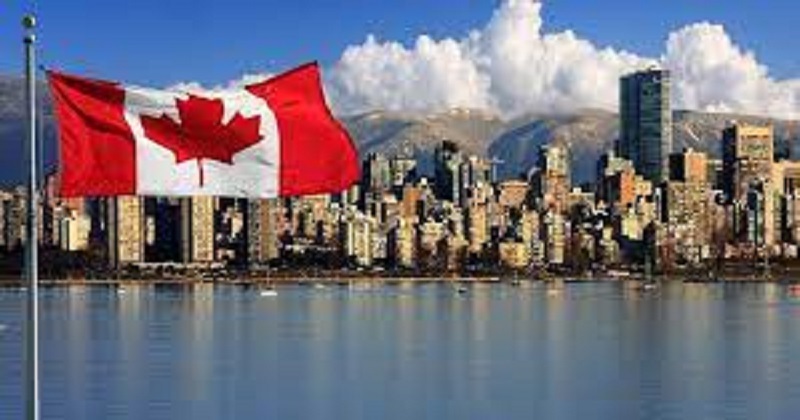
On Monday, 17 Indo-Canadians won Canada’s parliamentary elections, including Jagmeet Singh of the New Democratic Party and Harjit Sajjan of the Defence Ministry. Liberal Party leader and Prime Minister Justin Trudeau won re-election. The elections once again reflect the power of the Indian diaspora in the country.
Canadian Indians
Statistics Canada indicates that Indian-Canadians are one of Canada’s fastest-growing groups, making up the second-largest non-European group behind Chinese Canadians. India is the eighth-largest diaspora in Canada. Most Indian Canadians are found in the provinces of Ontario and British Columbia. There are also growing communities in Alberta and Quebec, where the majority are foreign-born.
The number of Indians who became permanent residents of Canada increased from 39,340 in 2016 to 80,685 in 2019, an increase of more than 105 percent. As a result of such a large number, it is no surprise that the community is well represented in politics. Seventeen Indo-Canadians have won seats in the upcoming parliamentary election in 2021, including Defence Minister Harjit Sajjan, Anita Anand, Bardish Chagger and 42-year-old New Democratic Party leader Jagmeet Singh. In the 2019 federal elections, 23 Indo-Canadians were elected as MPs, compared to 21 in 2015, of which 18 were Punjabi. Jagmeet Singh made history in 2017 by becoming Canada’s first non-white leader of a political party.

Why Canada?
Vancouver has changed a lot since 1904 when the first documented immigrants from the Indian subcontinent arrived and carved out a place for themselves there. There are a large number of Indians migrating to Canada today, seeking better job opportunities and overall better quality of life.
With a low unemployment rate of 5.67 percent even during COVID-19, Canada is an attractive destination for immigrants. Furthermore, university tuition fees are 27 percent cheaper in Canada than the US. Quite a few surveys rank Canada as one of the safest places in the world. According to the Global Peace Index published in 2021, Canada was the sixth safest country in the world. Canada scored particularly well in terms of internal conflicts, crime levels, and political stability.
Also, the people of Canada are known for their friendliness. Canadian crime rates are about one-third those of its northern neighbor, the United States (1.6 per 100,000 to 4.5 per 100,000, respectively). A Gallup survey conducted in 2018 found that 84 percent of Canadians felt safe in their country. In addition, the World Happiness Report 2020 released by the Sustainable Development Solutions Network ranked Canada as the eleventh happiest country in the world, higher than the US, the UK and Germany.
India’s stunning increase in immigration to Canada is often attributed to the difficulty Indians face in obtaining or reviewing their H-1B visas in the United States. According to Forbes Magazine, Canada is benefiting from a diversion of Indian tech talent from US destinations due to difficulties finding a reliable route to US permanent residence and obtaining and renewing H-1B visas.
Read more: ‘Lord Ram not real, Ramayan not a true story’: Former Bihar CM stirs up a controversy
Indians and Canadian polls
Canada has historically viewed immigration as a means to enhance population, economic, and cultural growth. In contrast to the US, where immigration generates considerable political tension, there is broad consensus in Canada regarding the benefits of immigration, especially for addressing the challenges of an ageing population and a low birth rate.
Canada, however, needs to diversify its migration pool, with a greater percentage of migrants from countries other than India. These voices, however, remain a minority. To date, no major political party has proposed country-based quotas, such as those in the US. In spite of what happened on 20 September, Indians will likely be welcomed to Canada in the coming years, both as students and permanent residents.

Post Your Comments